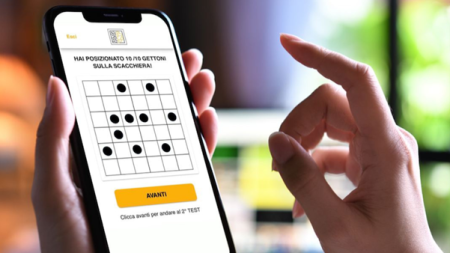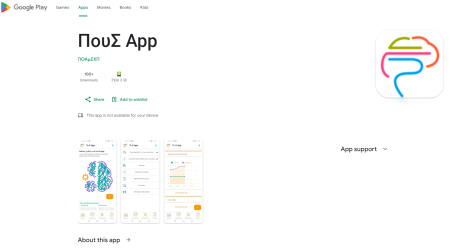
New Study Confims the Validity of an App for MS Cognitive Assessment
23.07.2024The evaluation of cognitive impairments for people affected by Multiple Sclerosis – such as memory, information processing speed, and attention- is traditionally carried out with the help of paper tools designed for this purpose. In the web era, many digital tools have been developed so far for cognitive assessment or self-assessment.
One is called DIGICOGMS®, an app created by Jessica Podda and a team of researchers working for the Italian MS Society and its Foundation.
The idea for this app came during pandemic, when people with multiple sclerosis – like everyone else – were isolated and could not meet their clinicians. This dramatic period made it urgent to speed up the development of solid methods for disease assessment and remote monitoring.
“Today, there are many digital tools available on the market for people and clinicians, but there is a lack of studies that scientifically investigate whether these tools are valid and, most importantly, if they meet the needs of people with multiple sclerosis. In particular, there are very few studies on usability. The degree of usability of a technology affects whether and how the user will use the app in the future: indeed, anyone might decide to abandon a digital tool if it is too complex or far from our goals and needs.” – says Podda
DIGICOGMS® validity is now scientifically confirmed thanks to a recent publication on JMIR Formative Research entitled “Mobile Health App (DIGICOG-MS) for Self-Assessment of Cognitive Impairment in People With Multiple Sclerosis: Instrument Validation and Usability Study”. The study involved 92 people and highlighted a positive overall evaluation of the DIGICOGMS® app by users.
Furthermore, a limited open demo version was released and is available for free download on Apple Store and Google Play.
The DIGICOGMS® project will go further. Possible features could involve measuring the impact of a cognitive rehabilitation program performed remotely or enabling people with multiple sclerosis over time monitoring, to measure if cognitive functions remain stable, and be ready to intervene in case of significant deteriorations.
 Your Account
Your Account


